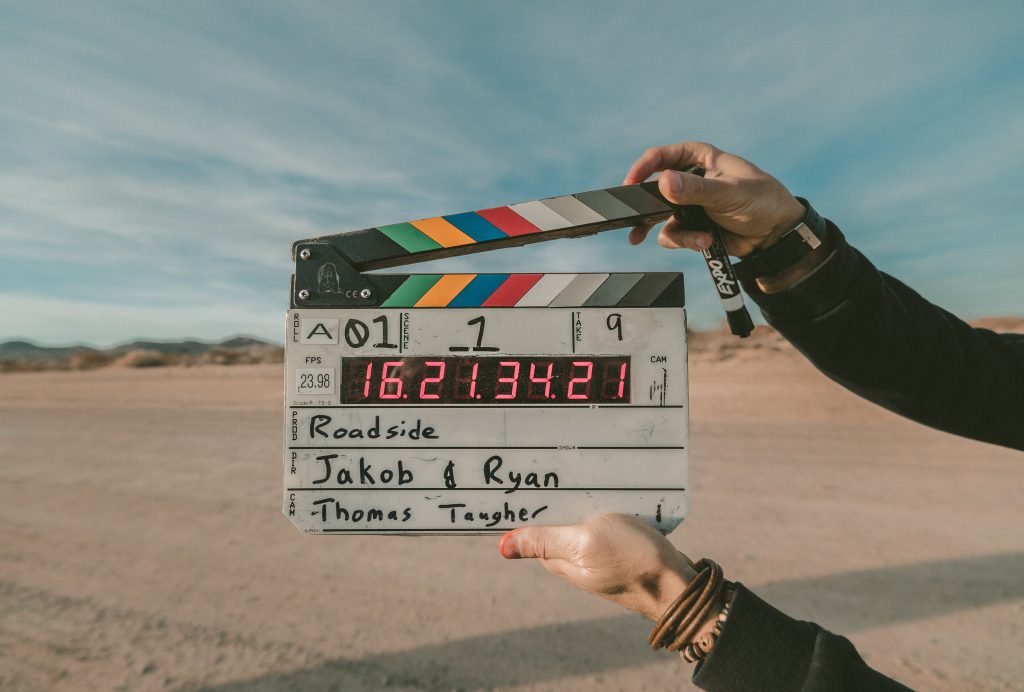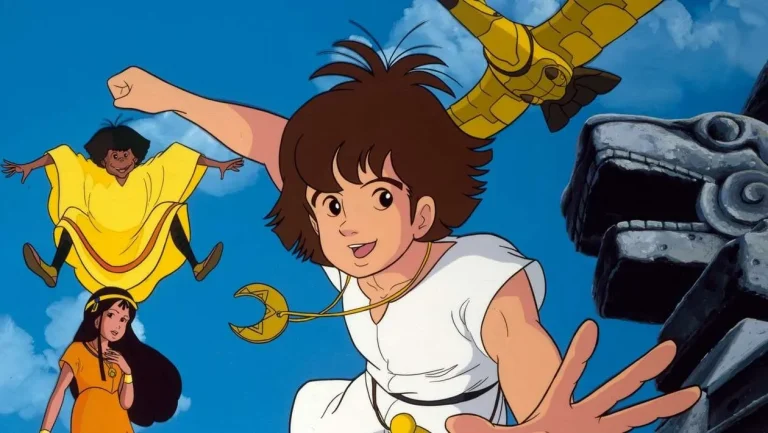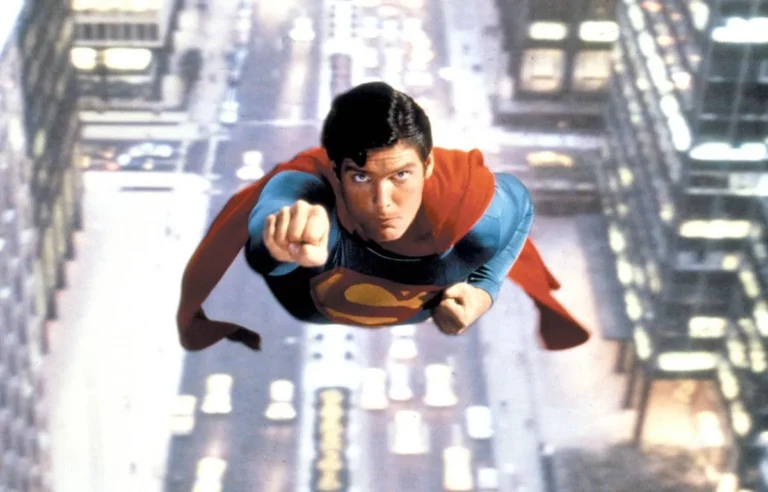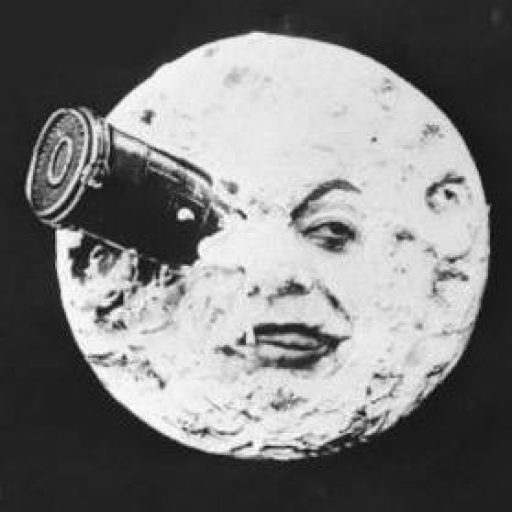We cannot refute one thing: the Internet has turned things upside down. Whether at the professional, personal or human relations level, almost everything has been put through the digital mill.
The Internet has made it possible for many people to access a resource simply by clicking a button. I still remember my first experience with the internet in an internet café. It was in Lille, on a Mac. At the time, I was very focused on the X-Files series and I was always looking for new information from French fans or American sources. Most of the time, I was trying to view and play 360P photos and videos. It was a time when the Internet was not yet accessible to everyone.
With the arrival of the first Internet operators for individuals, people no longer had to travel to get information. Obviously, like any new technology, this was not easy for everyone to understand. But a lot of tools and business perspectives emerged for better and worse. The Internet is a child of computing because without computing, there is no Internet.
As I said, the Internet has revolutionized our habits. Commerce, holiday reservations, public transport, radio, TV…. I do not intend to give you the history of everything that has changed with the Internet, but to focus on two aspects and consequences: Video games and cinema.
What has been looming for several years in the world of video games is gradually arriving in the cinema industry. I have always considered cinema as a work that was intended to be a unique experience to be enjoyed in theaters. For two things: Conviviality and the giant screen that stands before us to project a director's vision.
Conviviality can be present from the purchase of the ticket until the end of the screening, when having a drink with friends to discuss the film. This conviviality is never as strong as during a screening of a film in theaters. We meet people and friends to share the same moment. We heard onomatopoeia in the room about this or that scene, telling us that we were not the only ones who were in tune with the film. It was self-satisfying. At least that's what I saw a few years ago. Today, no one speaks openly, and the room seems empty as we are sucked into the same story. Somehow, I miss this thing, this connection point during the projection.
At the very beginning of cinema, there was film. Impossible to see the footage outside of cinemas. When the VCR arrived in homes, it was first used to record TV programs. Then we were able to see the potential of a medium like VHS, by selling to individuals VHS of the film which had just been released in cinemas. Specialists of the time then affirmed that this would be the death of cinema. But it didn't happen. From VHS we moved to DVD and BLU-RAY. This storage medium for cinema transformed over time, just like projectors in theaters which needed a reel and which today need a hard drive as support.
What I'm getting at is that digital technology has made it possible to have a film in homes that is close to the original and less bulky than a VHS. But with the arrival of the Internet and digital media, abuses began to emerge. Video games have reached the point where some no longer offer physical support for the work. In any case, this is what the video game industry is doing today with platforms like Steam or Epic Games. And now, some teachers are starting to sell the box without physical support. The latter only contains a code to download the game and own it digitally. The plastic box serving as an object in a collection, but a box empty of any substance.
And I just learned a few days ago that films are catching the same disease. Certainly in an embryonic way. One of the companies to try this is Disney. I recently read an article about the problem with the Wanda Vision series. Imagine that Disney puts on sale collector's boxes which no longer contain the series. You will need a computer connected to the Internet to be able to enjoy the film without being able to touch the support on which the work was placed. Disney had already thrown a spanner in the works by releasing its film Mulan only on its Disney+ platform, and no longer in theaters. Of course, the pandemic had been there, and production companies were looking for a way out of the drop in theater attendance. Which has led a lot of studios down this path, not without some uproar (See my article on Oppenheimer). Whatever the case, the pandemic seems to be behind us and yet Disney continues to plow the furrow and find an all-digital solution.
What will cinema be in 10 or 20 years? Nobody knows. I hope that the Disney experience will not be imitated. Cinema has changed a lot since the Lumière brothers. As well as the spectators. Throughout the eras in which people live, they educate themselves and learn with a culture that is specific to a specific time. This is why some people sometimes say between two dialogues: “It was better before”. But what about today's young generation? All I can tell you is that she remains very attached to digital. You just have to look at the younger generation to see that information no longer comes from dialogue between us, but from social networks which bombard us with all kinds of information.
There will always be a generational problem and this will persist throughout the ages. We live and educate ourselves with our own culture. But putting everything digital may not be a solution for us. We have been accustomed to being close to things. Today, digital is everywhere. But the fact of owning a DVD box or box tells us that we own it as a work, it belongs to us. While digital games or films on streaming platforms…. It's sad to know this, but it's our sadness because we are starting to see a future that we don't like from our past. Perhaps the younger generation will one day be fed up with everything digital and there will be a survival of physical content.





